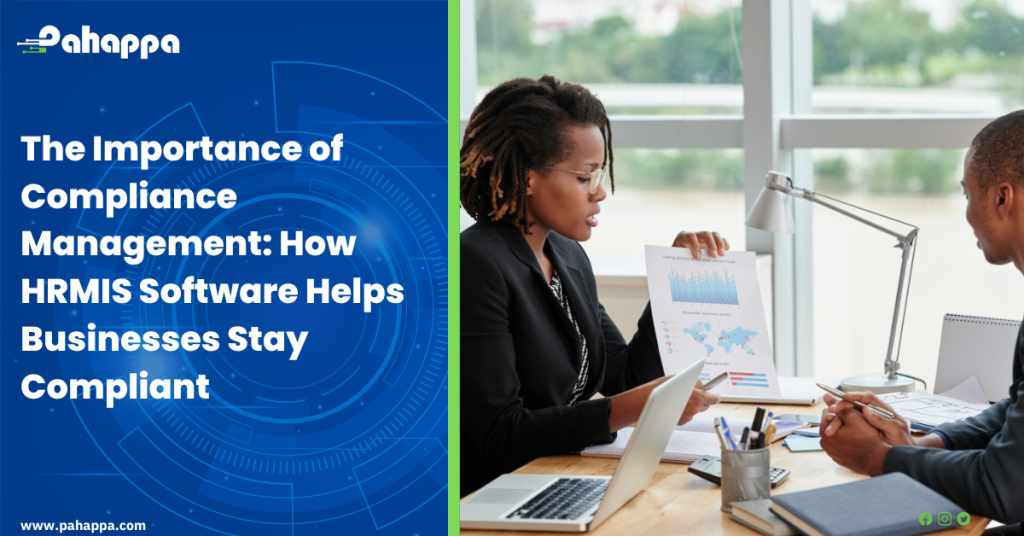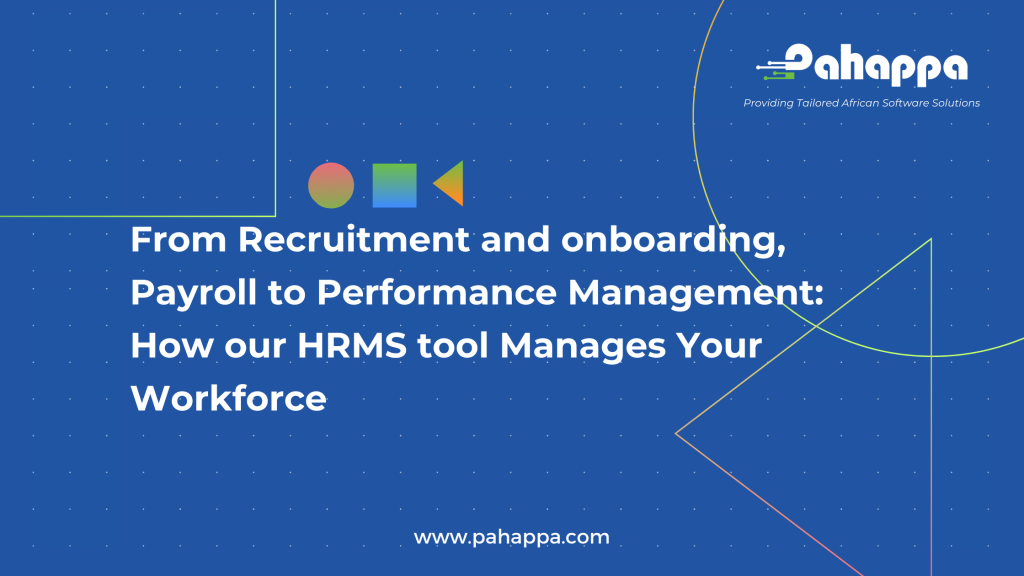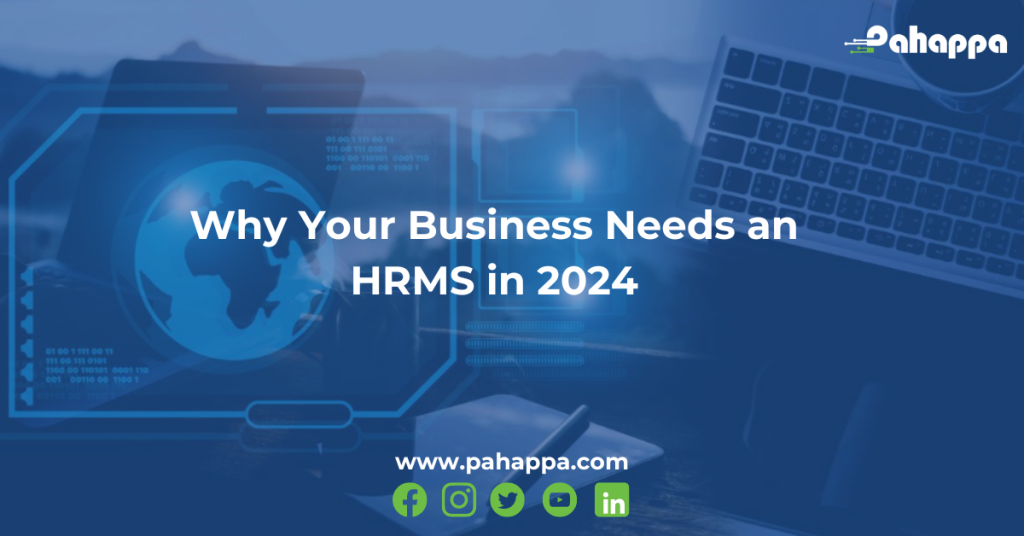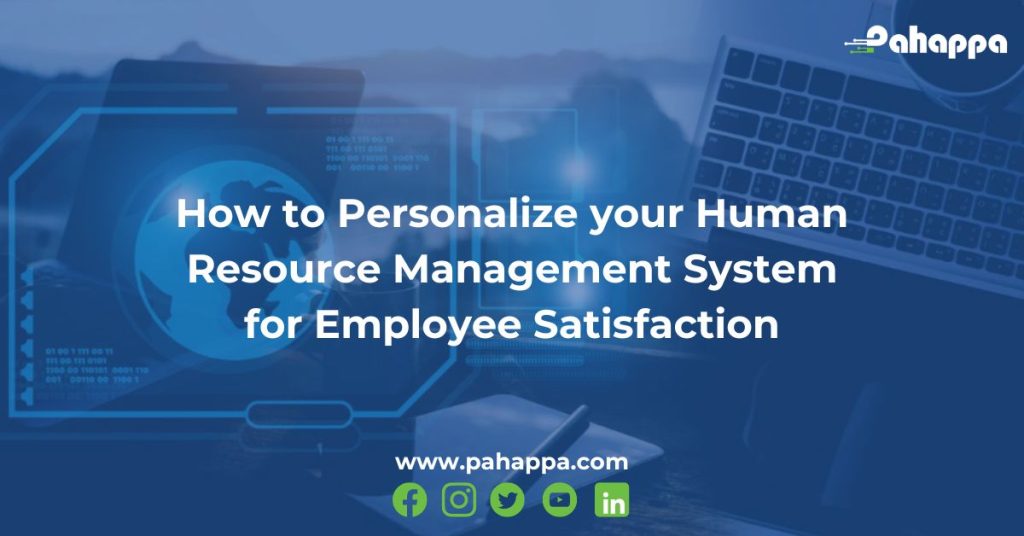Compliance management refers to the process of ensuring that an organization adheres to all relevant laws, regulations, policies, and industry standards that apply to its operations. It involves developing, implementing, and monitoring procedures and practices to ensure that the organization and its employees act according to legal and regulatory requirements.
Key components of compliance management include:
- Identification of Applicable Laws and Regulations: Understanding the legal and regulatory landscape that applies to the organization’s industry, location, and business activities is crucial. This involves identifying and staying informed about relevant laws, regulations, and standards.
- Risk Assessment: Conducting a risk assessment to identify areas where the organization may be at risk of non-compliance. This involves evaluating the impact of various regulations on the business and determining the likelihood of compliance issues.
- Development of Policies and Procedures: Creating and implementing policies and procedures that guide employees in complying with relevant laws and regulations. These policies may cover areas such as data protection, workplace safety, anti-discrimination, and ethical business practices.
- Training and Communication: Providing training and communication programs to educate employees about compliance requirements and the organization’s policies. This helps in creating awareness and ensuring that employees understand their responsibilities in maintaining compliance.
- Monitoring and Auditing: Regularly monitoring and auditing business processes to ensure ongoing compliance. This may involve internal audits, third-party audits, and continuous monitoring of key performance indicators related to compliance.
- Documentation and Record-Keeping: Maintaining accurate and comprehensive records of compliance-related activities, decisions, and outcomes. Documentation is crucial for demonstrating compliance to regulatory authorities and other stakeholders.
- Enforcement and Remediation: Establishing mechanisms for enforcing compliance, including disciplinary actions for non-compliance. Additionally, having processes in place for addressing and remedying compliance breaches is important to mitigate potential risks.
- Integration with Business Processes: Embedding compliance considerations into various business processes and decision-making. This ensures that compliance is not treated as a separate function but is an integral part of the organization’s overall operations.
- Adaptation to Changes in Regulations: Staying agile and adapting to changes in laws and regulations. Organizations need to monitor and update their compliance management processes to reflect any amendments or additions to existing regulations.
- Ethical and Social Responsibility: Beyond legal compliance, organizations often consider ethical standards and social responsibility in their compliance management efforts. This includes commitments to environmental sustainability, diversity and inclusion, and corporate social responsibility.
Effective compliance management is essential for mitigating legal risks, maintaining a positive corporate reputation, and fostering a culture of integrity within an organization. Compliance management systems, including the use of technology such as compliance management software, can help streamline and automate various aspects of compliance activities. For organisations to have effective compliance strategies put in place, having an HRMIS is one of the best ways to ensure this. Human Resource Management Information System (HRMIS) software is instrumental in aiding businesses to stay compliant with various laws, regulations, and internal policies. Compliance management is crucial for organizations to operate ethically, avoid legal issues, and maintain a positive reputation. Here’s how HRMIS software contributes to ensuring compliance within businesses:
- Centralized Data Management: HRMIS software provides a centralized repository for employee data, ensuring that information is consistently and accurately stored. This centralized approach helps in meeting compliance requirements related to data accuracy, security, and accessibility.
- Automated Reporting: HRMIS systems come with robust reporting features that enable organizations to generate accurate and timely reports. This is particularly beneficial for compliance reporting, such as the Compliance Strategies for Employers.
- Time and Attendance Tracking: Compliance with labour laws often involves accurate tracking of employee working hours, overtime, and attendance. HRMIS software automates these processes, ensuring that organizations adhere to regulations related to working hours, breaks, and overtime pay.
- Leave Management: HRMIS automates leave management processes, ensuring that organizations comply with regulations related to employee leave entitlements, accruals, and documentation. It helps prevent unauthorized leaves and ensures fair and consistent application of leave policies.
- Training and Certification Tracking: Compliance often requires employees to undergo specific training programs and maintain certifications. HRMIS software tracks employee training and certifications, sending reminders for renewal and ensuring that the workforce remains compliant with industry standards and regulations.
- Policy Enforcement: HRMIS allows organizations to enforce HR policies consistently. By configuring the system to apply and monitor policies, businesses can ensure that rules and guidelines are followed uniformly across the organization, reducing the risk of non-compliance.
- Document Management: Compliance involves the proper management of documents such as employment contracts, policy manuals, and regulatory guidelines. HRMIS software provides a secure platform for storing and managing these documents, making it easier to retrieve and update information as needed.
- Audit Trails: HRMIS maintains detailed audit trails, logging changes made to employee records. This feature is vital for compliance, as it provides transparency and accountability. Organizations can use audit trails to demonstrate adherence to regulations and to track any modifications made to HR data.
- Integration with Regulatory Updates: HRMIS software often integrates with regulatory databases to stay updated on changes in labour laws and compliance requirements. This integration ensures that organizations are aware of and can adapt to any amendments or new regulations affecting HR practices.
- Data Security and Privacy: HRMIS systems prioritize data security and privacy compliance. They incorporate features such as role-based access controls, encryption, and secure data storage to safeguard sensitive employee information, aligning with regulations.
By leveraging HRMIS software, businesses can enhance their ability to manage compliance effectively, reduce the risk of legal repercussions, and foster a culture of ethical and responsible business practices. The automation and organization provided by HRMIS contribute significantly to ensuring that HR processes align with regulatory requirements and industry standards. To learn more about the HRMIS, visit us here.











